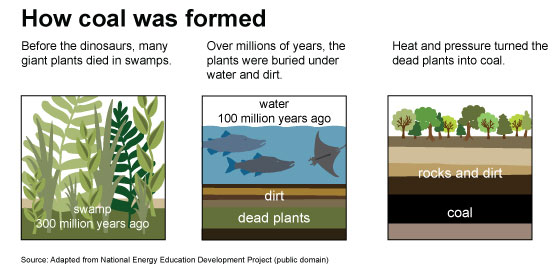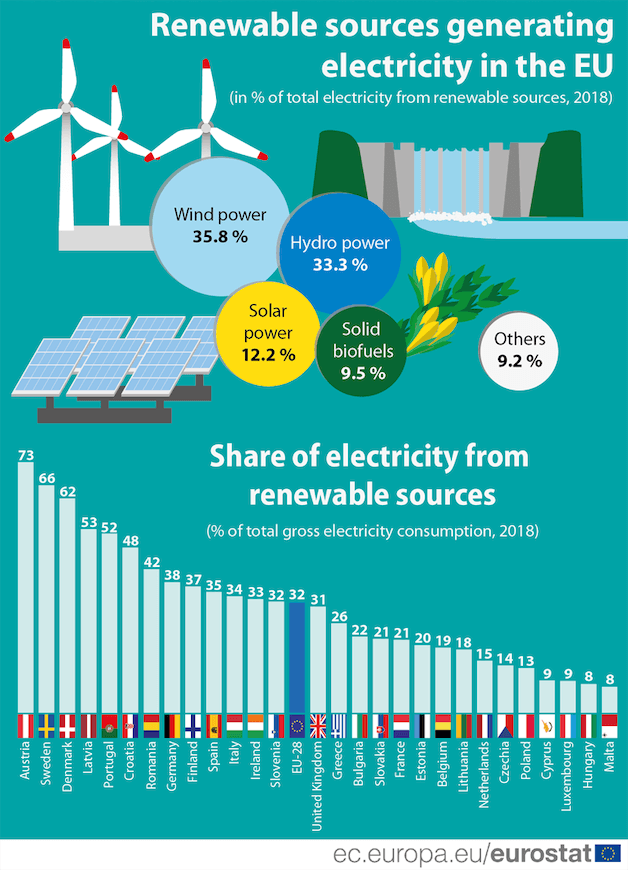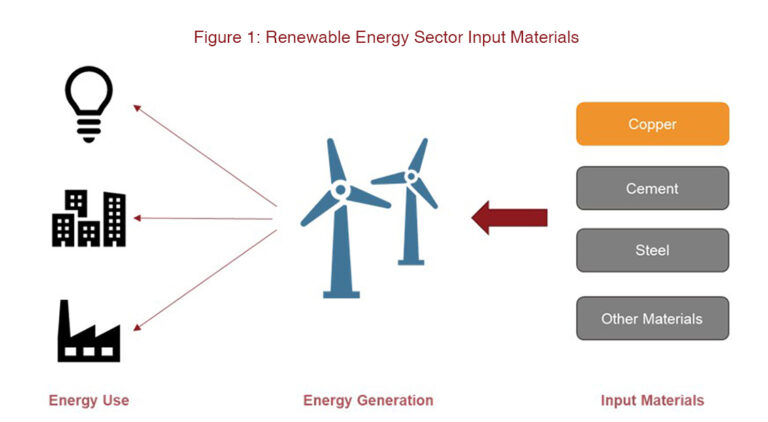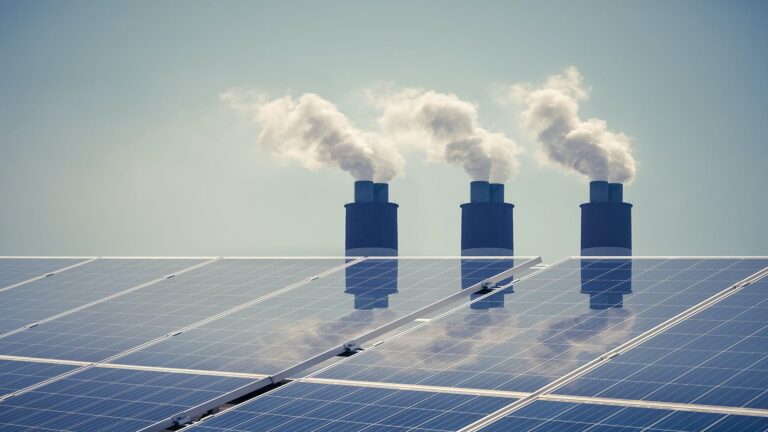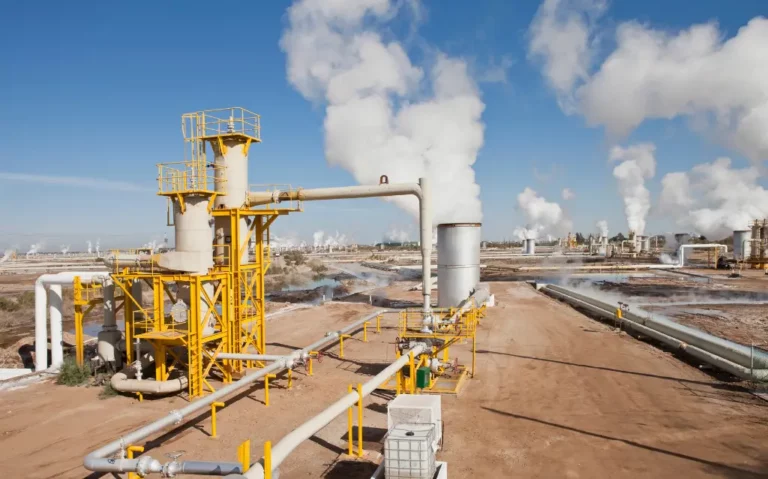Is Nuclear Energy Renewable?
Is nuclear energy renewable? This is an important question that many people have. When we talk about renewable energy, we often think of sources like solar and wind power. But what about nuclear energy? Can it be considered renewable? Let’s explore the answer to this question together.
Nuclear energy comes from the process of nuclear fission, where atoms are split to release a tremendous amount of energy. It is a powerful and efficient source of electricity, providing around 10% of the world’s energy needs. But unlike solar or wind power, nuclear energy relies on a non-renewable resource – uranium.
Uranium is a metal found in the Earth’s crust, but it is a finite resource. Once it’s used up, it cannot be replenished. So while nuclear energy itself is not renewable, it is often classified as a low-carbon energy source because it doesn’t produce greenhouse gas emissions during operation. But there are still concerns surrounding the environmental impact and safety of nuclear power plants.
So, is nuclear energy renewable? The answer is no. While it doesn’t contribute to greenhouse gas emissions, it relies on a finite resource. However, it is still an important part of our energy mix, and researchers are exploring new technologies like nuclear fusion that could potentially provide a truly renewable and sustainable form of nuclear energy in the future.
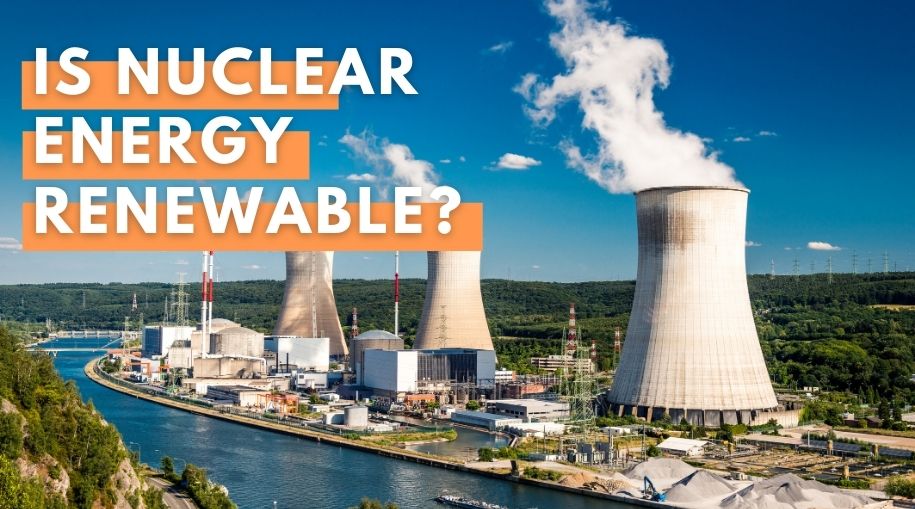
Is Nuclear Energy Renewable?
When it comes to discussions about energy sources, one question that often arises is, “Is nuclear energy renewable?” This question is crucial as it impacts how we view and prioritize our energy options for a sustainable future. In this article, we will delve into the concept of nuclear energy, its characteristics, and whether it can be considered a renewable energy source. We will explore various aspects of nuclear energy to help you gain a comprehensive understanding of its sustainability and its role in our energy landscape.
What is Nuclear Energy?
Before diving into the renewable aspect of nuclear energy, let’s first understand what it entails. Nuclear energy is produced through the process of nuclear reactions, specifically the splitting of atoms in a process known as nuclear fission. This energy release is harnessed and utilized to generate electricity in nuclear power plants. The primary fuel used for these reactions is uranium, although other elements like thorium can also be used. Nuclear power is a significant part of the global energy mix, providing a substantial amount of electricity in many countries around the world.
Characteristics of Nuclear Energy
Nuclear energy possesses several unique characteristics that set it apart from other energy sources. Understanding these characteristics is essential in assessing its renewable nature:
- Fuel availability: Nuclear energy relies on uranium, a finite resource. While uranium reserves are substantial, their availability is limited. Therefore, the long-term sustainability of nuclear energy depends on the ability to secure a steady supply of uranium and develop alternative fuel sources.
- Energy density: Nuclear energy has a high energy density, meaning that a relatively small amount of fuel can produce a large amount of energy. This high energy density makes nuclear power plants efficient and capable of generating significant amounts of electricity.
- Limited greenhouse gas emissions: Compared to fossil fuels, nuclear energy has minimal greenhouse gas emissions during electricity generation. This characteristic makes it an attractive option for mitigating climate change and reducing carbon dioxide emissions.
These are a few of the notable characteristics of nuclear energy that play a significant role in assessing its viability as a renewable energy source.
Nuclear Energy and Renewability
Now let’s address the question at the heart of this article: is nuclear energy renewable? The answer is a bit complex. By definition, renewable energy sources are those that rely on continuously replenishing resources, such as wind, solar, hydro, and geothermal. These sources tap into natural processes that produce energy indefinitely. Nuclear energy, on the other hand, relies on the finite resource of uranium to produce energy. Therefore, strictly speaking, nuclear energy is not considered renewable in the traditional sense.
However, it is essential to note that nuclear energy does have qualities that make it a favorable alternative to fossil fuels, such as its low greenhouse gas emissions and high energy density. Additionally, research into advanced nuclear technologies, such as thorium-based reactors and fusion, is underway, which may introduce more sustainable fuel sources and enhance the renewability of nuclear energy in the future.
In conclusion, while nuclear energy is not classified as renewable in the traditional sense, its characteristics make it a compelling option for a low-carbon energy mix. The evolving landscape of energy technologies and ongoing research in the field may provide avenues to enhance the sustainability and renewability of nuclear energy in the years to come.
The Benefits of Nuclear Energy
When exploring the topic of nuclear energy, it is important to consider the potential benefits it offers. Here are some key advantages of nuclear energy:
1. Low Greenhouse Gas Emissions:
Nuclear power plants emit minimal greenhouse gases during electricity generation, making it an attractive option for reducing carbon dioxide emissions and mitigating climate change. This characteristic positions nuclear energy as a key component of a low-carbon energy mix.
2. Reliability and Energy Security:
Nuclear power plants provide a reliable and consistent source of electricity. Unlike renewable energy sources like solar and wind, which are dependent on weather conditions, nuclear energy is not subject to fluctuations, ensuring a stable supply of electricity.
3. High Energy Density:
Nuclear energy has a high energy density, meaning that a small amount of fuel can produce a significant amount of energy. This high energy density allows for efficient electricity generation and reduces the need for large-scale fuel storage and transportation.
4. Job Creation and Economic Impact:
The nuclear energy sector contributes to job creation and economic growth by providing employment opportunities in plant operations, maintenance, and research and development. Additionally, nuclear power plants can stimulate local economies by providing a stable source of income and tax revenue for surrounding communities.
Challenges and Concerns with Nuclear Energy
While nuclear energy offers advantages, it is not without challenges and concerns. It is important to consider these aspects when evaluating the role of nuclear energy in our energy landscape:
1. Nuclear Waste Disposal:
Nuclear power plants produce radioactive waste, which requires careful management and proper disposal to prevent harm to humans and the environment. Finding suitable long-term storage solutions for nuclear waste remains a challenge.
2. Safety:
The safety of nuclear power plants is a primary concern. While stringent safety measures are in place, the potential for accidents, such as meltdowns or natural disasters affecting plant operations, cannot be completely eliminated. Safeguarding against these risks requires ongoing vigilance and continuous improvement in safety practices.
3. Proliferation of Nuclear Weapons:
The use of nuclear technology for energy purposes raises concerns about the proliferation of nuclear weapons. Adequate controls and international regulations are crucial to prevent the misuse of nuclear materials and ensure their peaceful utilization.
The Future of Nuclear Energy
As we look to the future, the role of nuclear energy in the global energy landscape remains the subject of debate and ongoing research. Several emerging technologies and concepts have the potential to shape the future of nuclear energy:
1. Advanced Reactor Designs:
Research and development efforts are focused on advancing reactor designs that are safer, more efficient, and capable of utilizing alternative fuel sources. These advancements aim to enhance the sustainability and renewability of nuclear energy.
2. Thorium-Based Reactors:
Thorium is a naturally occurring element that has shown promise as a potential fuel source for nuclear reactors. Thorium-based reactors could offer advantages such as reduced waste generation and increased safety compared to traditional uranium-based reactors.
3. Fusion Energy:
Fusion energy, often referred to as the “holy grail” of energy, has the potential to revolutionize the field. Fusion involves the fusing of atomic nuclei, releasing vast amounts of energy. While fusion remains an ongoing research effort, successful implementation could provide a virtually limitless and sustainable energy source.
In conclusion, the future of nuclear energy lies in a continued focus on research and innovation. The ongoing exploration of advanced reactor designs, alternative fuels, and fusion technology holds the key to enhancing the sustainability, safety, and renewability of nuclear energy.
While nuclear energy may not fit the traditional definition of renewable energy, it plays a valuable role in our quest for a low-carbon future. Continued efforts to address challenges and maximize the benefits of nuclear energy will contribute to achieving a more sustainable and diverse energy mix.
Key Takeaways: Is nuclear energy renewable?
- Nuclear energy is not considered a renewable energy source because it relies on the use of uranium and other finite resources.
- Nuclear power plants produce electricity through nuclear reactions, which generate heat and then steam to power turbines.
- Unlike renewable energy sources like solar or wind, nuclear power plants produce waste that can be radioactive and harmful to the environment if not properly managed.
- Despite its drawbacks, nuclear energy is still considered a viable option for generating large amounts of electricity with relatively low carbon emissions.
- However, the long-term sustainability of nuclear energy depends on the development of advanced nuclear technologies and the safe disposal of nuclear waste.
Frequently Asked Questions
Welcome to our frequently asked questions section where we’ll address common queries about nuclear energy and its renewable nature. Read on to learn more!
How does nuclear energy work?
Nuclear energy is generated through a process called nuclear fission. In a nuclear reactor, atoms of heavy elements like uranium are split apart, releasing a large amount of energy in the form of heat. This heat is then used to generate steam, which powers a turbine connected to a generator, producing electricity. Unlike fossil fuel power plants that burn coal or natural gas, nuclear power plants do not emit greenhouse gases, making them less harmful to the environment.
However, it’s important to note that nuclear energy is not directly renewable because it relies on mined uranium, which is a finite resource. While uranium supplies are sufficient for thousands of years, they are not unlimited. Nevertheless, nuclear energy is considered a low-carbon energy source that can help reduce greenhouse gas emissions.
Is nuclear energy considered renewable?
No, nuclear energy is not considered renewable. Renewable energy sources are those that are naturally replenished within a human lifespan, such as solar, wind, and hydroelectric power. While nuclear energy does not produce greenhouse gas emissions during operation, its fuel source, uranium, is limited and finite. Once uranium resources are depleted, they are no longer available for energy production. Therefore, nuclear energy is classified as a non-renewable energy source.
However, it’s worth noting that nuclear power is still an important component of the clean energy mix, as it produces a significant amount of low-carbon electricity and helps reduce dependence on fossil fuels.
What are the advantages of nuclear energy?
Nuclear energy has several advantages. Firstly, it produces a large amount of electricity with a small fuel input compared to other energy sources like coal or natural gas. This efficiency helps reduce carbon emissions and dependence on fossil fuels. Additionally, nuclear power plants provide continuous power, as they do not rely on weather conditions like solar or wind power. They are also not affected by fuel price fluctuations in the same way as fossil fuel power plants.
Furthermore, nuclear energy helps create jobs in various sectors, from plant construction to maintenance and decommissioning. It also contributes to energy security by reducing reliance on imported fossil fuels. Lastly, nuclear power plants have a small land footprint compared to other energy sources, making them suitable for densely populated areas where space is limited.
What are the disadvantages of nuclear energy?
Despite its advantages, nuclear energy also has some drawbacks. Firstly, nuclear power plants produce radioactive waste that requires careful handling and long-term storage. The safe disposal of this waste is an ongoing challenge. Additionally, accidents at nuclear facilities, although rare, can have catastrophic consequences for human health and the environment, as seen in incidents like Chernobyl and Fukushima.
The high upfront cost of building nuclear power plants is another disadvantage. Constructing a nuclear facility requires significant investments and can be financially risky. Furthermore, the mining and processing of uranium can have environmental impacts, including habitat destruction and the release of radioactive materials. Finally, public concerns about safety and the potential for nuclear weapons proliferation can also be considered as disadvantages of nuclear energy.
What is the future of nuclear energy?
The future of nuclear energy is a topic of ongoing debate and depends on various factors. While some countries are expanding their nuclear energy capacities, others are phasing out older reactors or deciding against building new ones. The development of advanced reactor designs and technologies, such as small modular reactors, could play a significant role in shaping the future of nuclear energy.
Additionally, the exploration of alternative fuel sources, such as thorium, is being researched to potentially address concerns related to uranium availability and waste management. The incorporation of nuclear power in the global transition towards a low-carbon economy and efforts to improve safety standards and waste management practices will also influence the future of nuclear energy.
Summary
Nuclear energy is not considered renewable because it relies on uranium, a finite resource. While it produces a lot of energy and doesn’t release greenhouse gases, it produces radioactive waste that needs to be safely stored for a long time. Additionally, accidents, such as Chernobyl and Fukushima, highlight the potential dangers associated with nuclear power. Renewable energy sources like solar and wind are better options for a sustainable future.
In conclusion, although nuclear energy has some benefits, it is not renewable due to its reliance on finite resources and the production of hazardous waste. It is important to consider alternative sources like solar and wind power to meet our energy needs without harming the environment.

